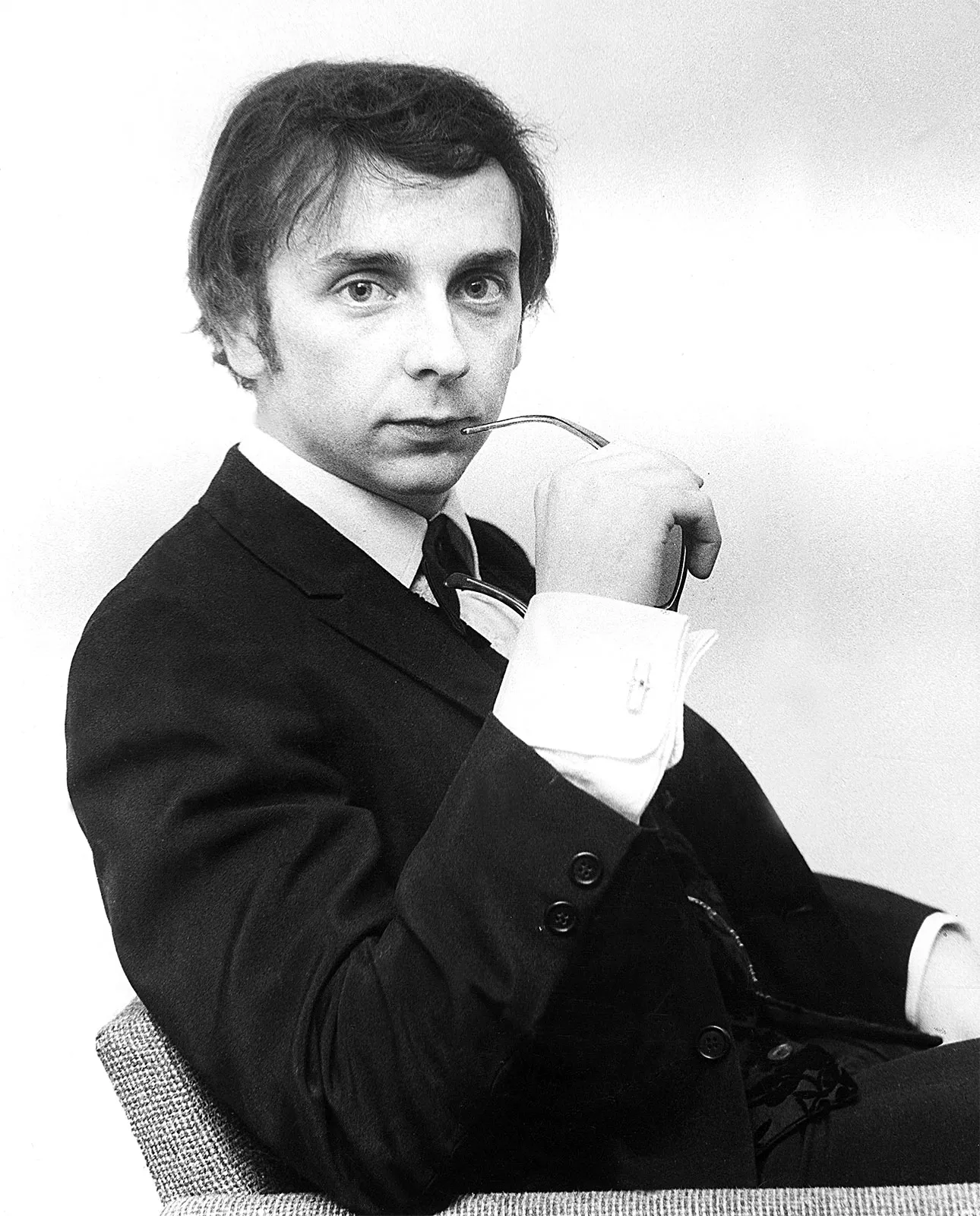Phil Spector was one of the most influential figures in the history of modern music. As a producer, songwriter, and visionary, he shaped the sound of the 1960s and introduced the iconic “Wall of Sound” recording technique. His work influenced generations of artists, from The Beatles to Bruce Springsteen, and set new standards for how music could be produced. However, his life was equally marked by controversy, legal troubles, and personal battles that overshadowed his once-celebrated career.
In this article, we will explore the life, career, and legacy of Phil Spector, examining both his groundbreaking contributions to music and the controversies that ultimately defined his story.
Early Life of Phil Spector
Born Harvey Phillip Spector on December 26, 1939, in The Bronx, New York, Phil Spector grew up in a working-class family. After his father’s tragic death, his family relocated to Los Angeles, where he began to show a deep interest in music. As a teenager, Spector learned guitar and piano, writing and recording songs with his high school friends.
His first major success came with the group The Teddy Bears and their 1958 hit, To Know Him Is to Love Him, which was inspired by an inscription on his father’s gravestone. This song not only topped the charts but also marked the beginning of Spector’s journey into the world of music production.
The Creation of the “Wall of Sound”
Phil Spector’s most notable contribution to music was the “Wall of Sound.” This recording technique layered multiple instruments, echo effects, and overdubs to create a full, orchestral sound that stood out on radios and jukeboxes of the time.
Spector believed that music should feel like an emotional experience, not just a melody. By using echo chambers, strings, percussion, and brass, he made pop songs sound larger than life. His philosophy was simple: a single track should be so powerful that it felt like an entire symphony.
This approach transformed the way producers worked in the studio and influenced countless musicians, including The Beach Boys and later The Beatles.
Phil Spector’s Work with Iconic Artists
During the 1960s, Phil Spector became the go-to producer for several hit groups and solo artists. His collaborations created timeless classics that still resonate today. Some of his most significant works include:
-
The Ronettes – Producing their famous hit Be My Baby, which remains one of the greatest pop songs ever recorded.
-
The Crystals – Crafting chart-topping singles like He’s a Rebel and Da Doo Ron Ron.
-
The Righteous Brothers – Producing You’ve Lost That Lovin’ Feelin’, one of the most played songs in radio history.
-
The Beatles – Working on the album Let It Be, where his production style sparked both praise and criticism.
Each collaboration demonstrated Spector’s ability to blend emotion with innovation, making him a revolutionary force in the music industry.
Phil Spector and The Beatles
One of the most notable chapters in Phil Spector’s career was his work with The Beatles. After the group’s internal conflicts during the recording of Let It Be, Spector was brought in to finalize the album. He added orchestral and choral arrangements to songs such as The Long and Winding Road, a move that divided fans and even members of the band.
While Paul McCartney was critical of the changes, others admired the lush arrangements, showcasing Spector’s signature style. Despite the controversy, his work cemented his reputation as one of the most influential producers of the 20th century.
The Controversial Personal Life of Phil Spector
Despite his professional brilliance, Phil Spector’s personal life was marked by turbulence. Known for his eccentric and sometimes volatile behavior, he developed a reputation for being controlling and difficult to work with.
His reclusive lifestyle, strange public appearances, and erratic actions became topics of media attention. However, the darkest chapter of his life came in 2003, when actress Lana Clarkson was found dead in his home. Spector was later convicted of her murder in 2009, leading to a prison sentence that lasted until his death in 2021.
The Legacy of Phil Spector
Phil Spector’s legacy is a complex one. On one hand, he revolutionized music production, leaving behind a catalog of timeless hits and a sound that inspired generations. On the other hand, his personal actions and criminal conviction left a dark shadow over his career.
Despite the controversy, many in the music industry still regard him as a genius of sound. His “Wall of Sound” continues to influence producers and musicians, proving that his creative innovations remain timeless.
Lessons from Phil Spector’s Life
The story of Phil Spector offers both inspiration and caution. His innovations demonstrate the power of creativity and vision in shaping culture. However, his personal downfall highlights the consequences of unchecked behavior, abuse of power, and the dangers of fame.
For music lovers, his songs remain a reminder of what artistry can achieve. For society, his story serves as a lesson on how personal choices can define a legacy.
Conclusion
Phil Spector’s life was one of extraordinary talent mixed with tragic controversy. From pioneering the “Wall of Sound” to working with music legends, he carved a place in history as one of the greatest producers of all time. Yet, his personal struggles and criminal conviction complicated his legacy, making him one of the most polarizing figures in music history.
While his name will forever carry both admiration and infamy, the influence of Phil Spector on the music industry is undeniable. His songs live on, continuing to inspire musicians and listeners around the world.

